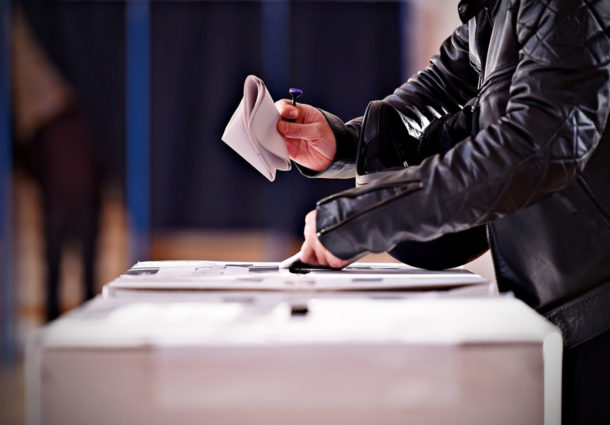General Election 2024
The time is here to be the voice of your generation
The UK General Election will take place on Thursday 4 July.
Students make up 10% of the UK voting population. Now is your time to get the voices of Leeds heard.
In the 2019 General Election, more than 15 million people did not vote, and younger voices were significantly underrepresented. So, don’t waste your vote – it will shape your own future.

Need help navigating political conversations?
Hustings at LUU
We are hosting a student-focused debate with General Election Candidates in the Leeds Central and Headingley Constituency. Come find out more about each candidate and their core pledges for the General Election, and ask any questions directly to the candidates.
25 June, 5:30pm - 7pm, Esther Simpson 1.01 or Teams
Can I vote?
First, let’s find out if you’re eligible to vote. Just head over to the page below and select your nationality to see what elections you’re able to vote in.
Already registered?
Pledge to Turn Up by signing the to make it clear that student and young people’s voices can’t be ignored.
What is a voter ID?
Under UK law, you are required to present ID at polling stations.
The name on your ID (or on your name change proof if you have changed your name legally) has to match the name on the electoral register, and the photo has to be recent. The gender marker on your ID is not relevant.
You have the legal right to:
- Have your ID checked privately,
- Only show your ID to those with your express permission,
- Offer alternative forms of ID if one form is rejected.
If you don’t have an accepted photo ID, you can also apply for a Voter Authority Certificate by 26 June.
You can also get a free CitizenCard that you can use at the polling station. The deadline to apply for this is the 20 June.
Where do I vote?
If you vote in person, you’ll have to go to the nearest polling station within the constituency that you’re registered in.
As the election falls outside of term time, we recognise that many students will be at home or in between tenancy changes. It is recommended that you are registered to vote where you’ll be based on 4 July. If you won’t be at that address, you can register for a postal or proxy vote.
Who should I vote for?
Take your time to browse the candidates available in your constituency and what their policies are to make an informed decision on who should get your vote. Remember: Every vote matters!
Why should I vote?
Voting gives you the power to decide how the UK is run. The MPs you help to elect will be making decisions on issues that you care about, including NHS, housing, education and the environment.
The largest party majority typically forms the next government, shaping the political direction of the country by being the party that proposes and enacts legislation.
What is the General Election?
The general election is to elect Members of Parliament – or MPs – to the House of Commons. The UK is divided into 650 areas, called constituencies, and each of these elects one MP to represent local residents at Westminster.
On election day, every registered voter in each constituency vote for their preferred candidate in their local polling station. You can also vote by post in advance. The candidate who gets the most votes becomes the MP for that area.
“Students are consistently overlooked and negatively impacted in national politics – the cost of living, housing rights, employment opportunities, an unsuitable and unfair student finance system, lack of support through the pandemic, neglect for international students, and inadequate mental health support are just a few examples of this.”
“We would like to see manifestos that address things that impact students such as the cost of living, housing rights, employment opportunities, the unsuitable and unfair student finance system, attitudes towards international students, and inadequate mental health support.” – Emily Tabern,
Union Affairs & Communications Officer



